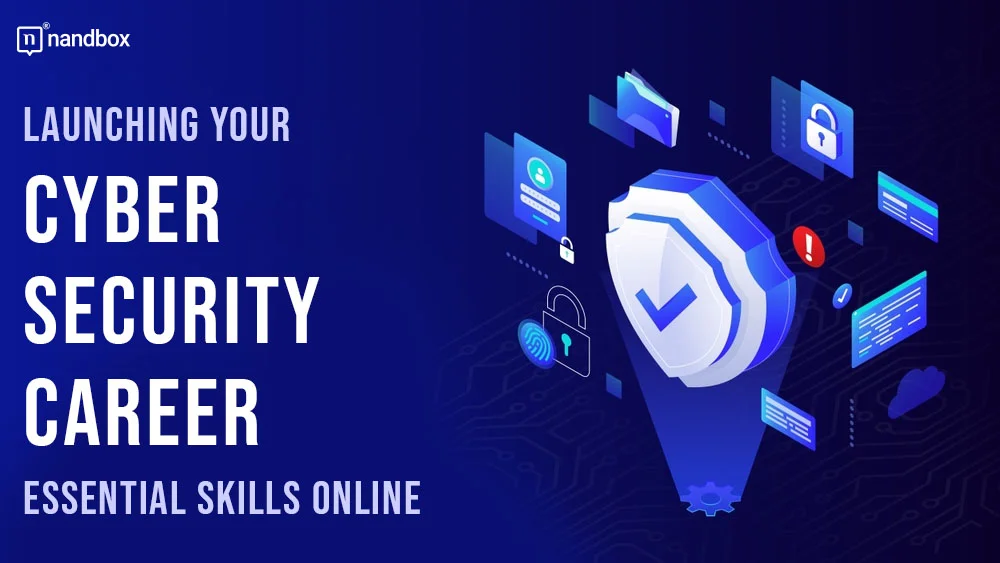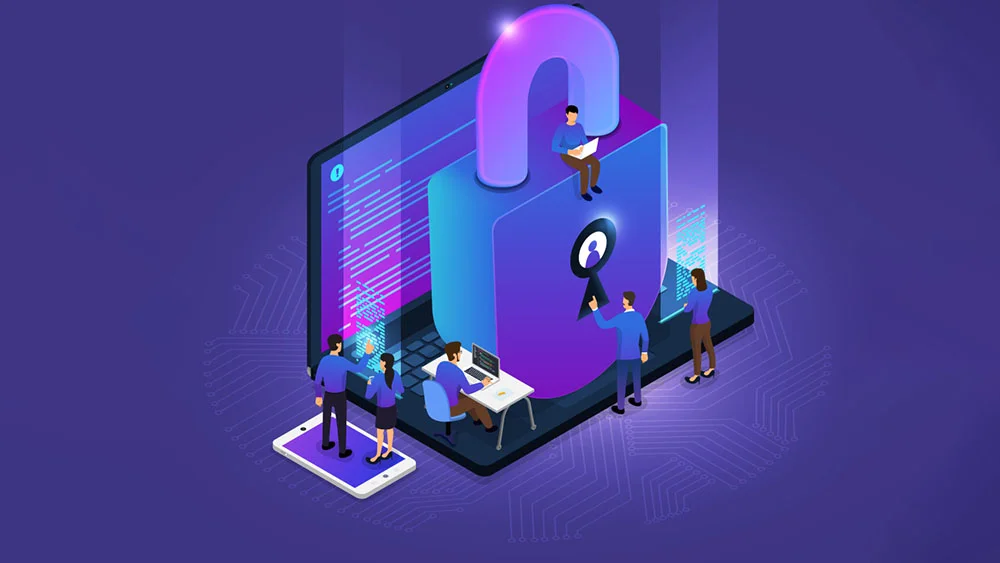In today’s digital age, the demand for cybersecurity professionals has surged. With the increasing threat of cyber-attacks, it has become essential for individuals to equip themselves with the necessary skills and knowledge to establish a successful career in cyber security. Fortunately, numerous online resources and courses can provide aspiring professionals with the essential skills required to thrive in this field.
Cyber Security Fundamentals
As the foundation of any cyber security career, understanding the fundamentals is crucial. Enrolling in a reputable cyber security course online can provide individuals with a comprehensive understanding of key concepts such as network security, cryptography, and ethical hacking. It is important to gain proficiency in these fundamentals to build a strong knowledge base for tackling real-world cybersecurity challenges. Also, A career in cybersecurity offers high demand, competitive salaries, and growth opportunities, making it an excellent choice for IT professionals. Among various certifications, the CISSP (Certified Information Systems Security Professional) is one of the most recognized credentials globally. Offered by (ISC)², the CISSP certification validates expertise in designing, implementing, and managing cybersecurity programs.
Cybersecurity Fundamentals Include:
Network Security: Network security focuses on protecting the integrity and confidentiality of data transmitted across networks. This discipline involves implementing technologies such as firewalls, intrusion detection systems, and VPNs to safeguard network infrastructure from unauthorized access and cyber threats.
Cryptography: Cryptography is the practice of secure communication in the presence of third parties. It involves the use of mathematical algorithms to encrypt data and ensure its confidentiality, integrity, and authenticity.
Security Governance and Compliance: Security governance and compliance refer to the establishment of policies, procedures, and controls to ensure that an organization’s security requirements align with industry standards and regulations. This fundamental aspect of cybersecurity involves managing risk, defining security roles and responsibilities, and ensuring adherence to legal and regulatory requirements.
Threat Intelligence: Threat intelligence involves gathering, analyzing, and interpreting data to identify potential cybersecurity threats and vulnerabilities. This information is crucial for proactively defending against cyber-attacks and staying ahead of emerging threats.
Ethical Hacking: Ethical hacking, also known as penetration testing, is the practice of assessing the security of computer systems, networks, and applications by simulating cyber-attacks. Ethical hackers leverage their skills to identify vulnerabilities and exploit weaknesses and provide recommendations for strengthening an organization’s security defenses.
Network Security
Network security forms the backbone of a robust cybersecurity infrastructure. It involves the implementation of technologies, policies, and procedures to ensure the protection of network integrity, confidentiality, and availability. Acquiring a NIST certification in network security can significantly enhance one’s credibility and expertise in this domain, thereby improving career prospects and earning potential.
System Security
System security focuses on safeguarding individual computer systems from unauthorized access, damage, or misuse. Furthermore, this includes securing operating systems, applications, and endpoints to prevent exploitation by malicious actors. A strong understanding of system security principles is essential for professionals aspiring to excel in the cybersecurity landscape.
Incident Response and Recovery
In the event of a cyber security incident, a timely and effective response is critical. Professionals equipped with the knowledge of incident response and recovery procedures play a pivotal role in mitigating the impact of security breaches. A cyber security certification course specializing in this area can provide insights into managing incidents. And also conducting forensic investigations, and orchestrating recovery strategies.
Cloud Security
With the widespread adoption of cloud services, the need for specialized expertise in cloud security has become paramount. Also, by understanding the unique security challenges posed by cloud environments and acquiring relevant certifications can distinguish an individual as a competent cloud security professional.
Penetration Testing and Ethical Hacking
Ethical hacking, also known as penetration testing, involves simulating cyber-attacks to identify vulnerabilities and assess the overall security posture of an organization. Employers highly seek after proficiency in this skill set and can open doors to lucrative career opportunities in the field of cybersecurity.
Security Awareness and Training
In addition to technical skills, fostering a culture of security awareness within an organization is crucial. Training programs that educate employees about cyber security best practices and the significance of safeguarding sensitive information are instrumental in fortifying the human element of security.
Professional Skills and Certification
Obtaining relevant certifications, such as NIST certification and accreditation, can validate an individual’s expertise and proficiency in various cybersecurity disciplines. Furthermore, honing professional skills such as communication, problem-solving, and project management can elevate one’s effectiveness as a cybersecurity practitioner.
Conclusion
In conclusion, launching a successful cybersecurity career necessitates the acquisition of essential skills through online resources and courses. By mastering cyber security fundamentals, network security, system security, incident response, cloud security, penetration testing, security awareness, and professional skills, individuals can position themselves as indispensable assets in the ever-evolving landscape of cyber security. Aspiring professionals should prioritize continuous learning and skill development to stay ahead in this dynamic and high-demand industry.




